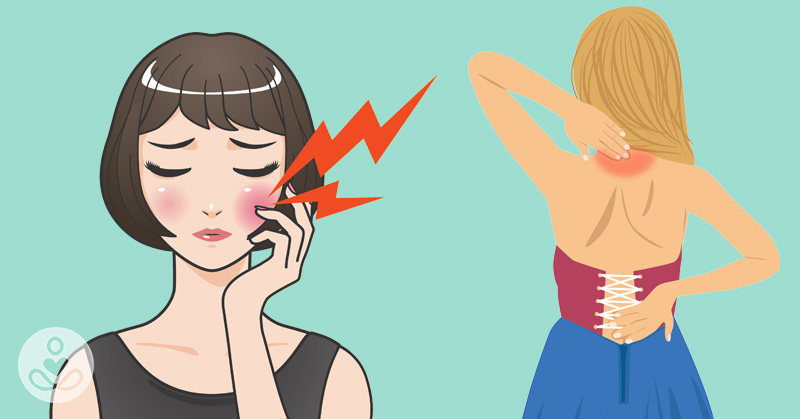Did you know that a woman has a greater chance of dying from a heart attack than from all forms of cancer combined? Or that more women die from heart disease than men?(1) If this is news to you, you’re not alone. Heart disease has a history of being perceived as a “man’s” issue, even by doctors, despite the statistics showing its significant threat to women.(2) This lack of awareness on the part of the public and the medical community places women at even higher risk for heart disease and death because nobody suspects it when it hits!
Heart Disease Facts and Figures

- About 735,000 Americans annually have a heart attack.
- Heart disease is the #1 worldwide cause of death with 17.3 million deaths annually
- In the US, heart disease is the leading cause of death of women
- 43.8 million women are currently living with some form of heart disease.(3)
What is a heart attack?

A heart attack is a damage to an area of your heart deprived of oxygen. Its most common cause is a blockage by a fatty substance called “plaque” in the coronary arteries, the vessels responsible for carrying nutrient- and oxygen-rich blood back to the heart.(4)
Early Warning Signs of a Heart Attack That May Be Easy To Miss
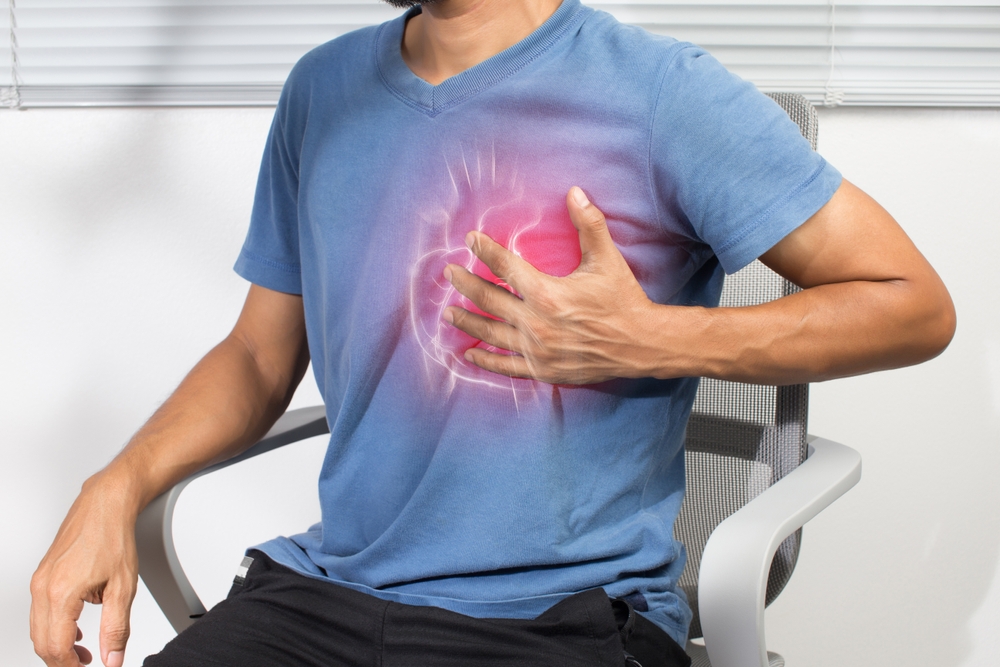
ecognizing these early warning signals can be lifesaving, as acting quickly improves the chances of survival and recovery. While chest pain is the most well-known symptom, many heart attacks present with less obvious indicators that people may dismiss or attribute to other conditions. Understanding these early clues is essential for taking prompt action and seeking medical attention before it’s too late.
1. Unusual Fatigue

Be on the lookout for fatigue that is new or suddenly severe. A feeling of heaviness in your chest that accompanies fatigue can be an early warning as well.
2. Sweating and Shortness of Breath

Take notice if you experience these symptoms while resting or if they continue to get worse after exercise. If these symptoms are experienced along with other symptoms like chest pain, get to the doctor.(5)
3. Pain in Areas Other Than the Chest

Pain is a signal to let you know that something isn’t quite right, but it doesn’t always show itself in the exact location of the real problem. Jaw pain, back pain or pain in either arm could be an early warning of a heart attack.
Symptoms Common To Women at the Time of a Heart Attack

- A feeling of squeezing or fullness in any area of the chest
- Pain in the arm(s), neck, back, or jaw that is gradual or sudden, starting mild or immediately severe
- Stomach pain or pressure
- Nausea
- Shortness of breath or lightheadedness
9 Tips to Reduce Your Risk of Heart Attack

The health of your coronary arteries plays a huge role in heart attack risk. Your arteries can become damaged by toxins and inflammation, creating an environment where plaque can build up, and deadly clots can form. But this doesn’t have to be the case. Here are some preventative measures you can take:
We love Natural Factors Double Strength Theracurmin. Regular curcumin has poor bioavailability, so it may not give you the curcumin benefits you’re looking for. Theracumin is the answer. This advanced curcumin preparation is made using special natural technology that dramatically increases curcumin absorption compared to regular curcumin. The powerful ingredient in this supplement promotes antioxidant function in your body and encourages a healthy heart, vascular system and joints. Taking this supplement consistently may help maintain a proper inflammatory response when tissues are damaged. Get your 30 day supply at The Health Shop for $51.69 while supplies last!
1. Tame the inflammation with Curcumin
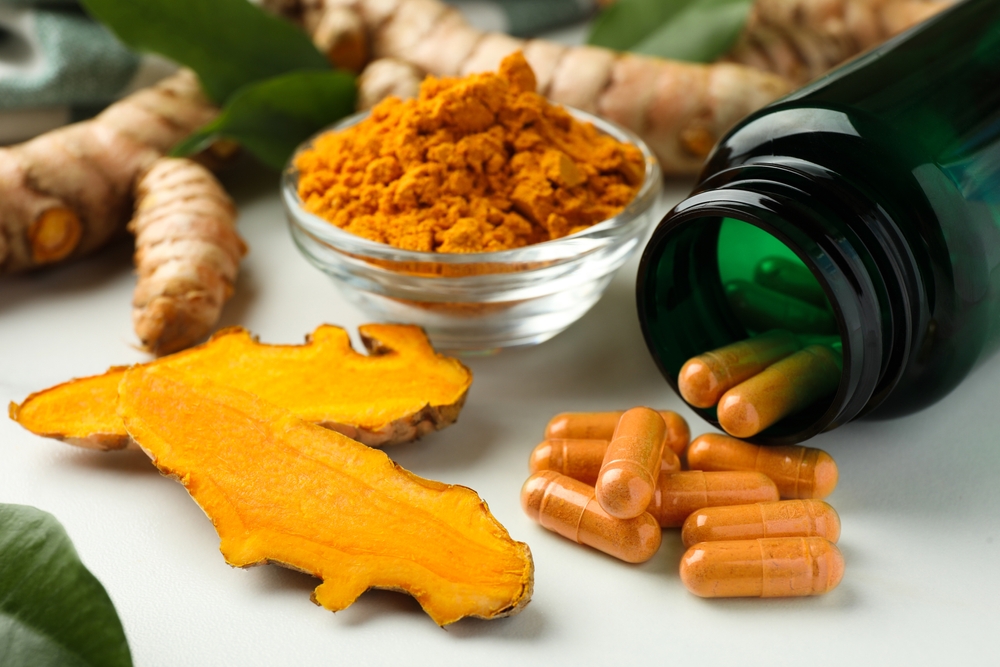
High levels of inflammation are associated with increased risk of coronary artery disease and heart attack.(6) Supplement with Curcumin, the compound that gives the Indian spice, Turmeric, its yellow color. It’s a powerful anti-inflammatory that has also been found to reduce plaque buildup in the arteries.(7)
2. Easy on the sugar!
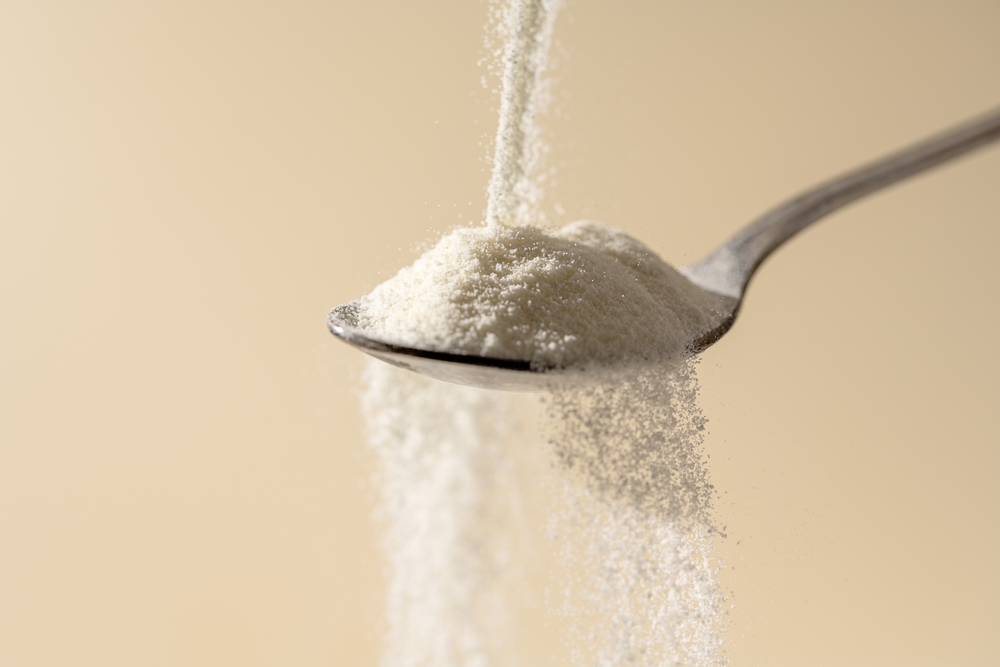
A 2014 study suggests that those who consume between 10% and 24% of their daily calories from added sugar have a 30% higher risk of death by cardiovascular disease.(8) Sugar consumption also lowers good (HDL) cholesterol and increases triglycerides, upping your risk for heart attack.(9)
3. Combat Oxidative Stress with Vitamin C and Fish Oil
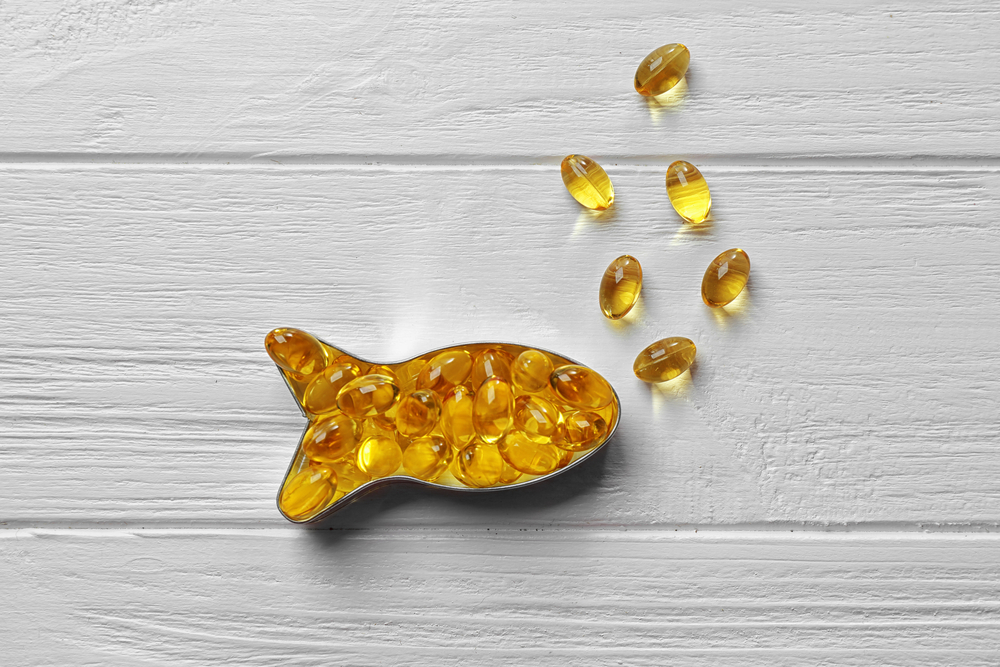
Vitamin C is an antioxidant that will protect your arteries from damage. Research suggests that you have a greater chance of dying from coronary artery disease if you don’t have enough of this vitamin.(10) Add fish oil to your regimen for even more protection, as it will dilate your arteries, making it easier for blood to pass through.(11)
4. Add Vitamin D and Vitamin K to Your Health Regimen
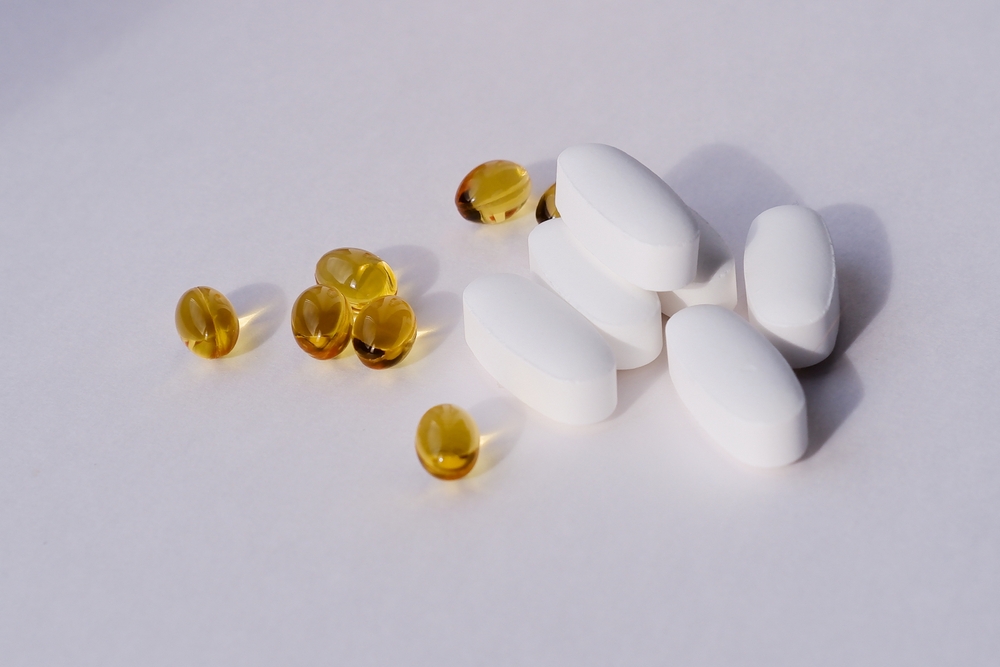
For optimum protection from heart attacks, supplement with Vitamin D3 until your blood level is between 50-80 ng/mL.(12,13) And don’t forget Vitamin K (as K1, MK-4, and MK-&)! If you don’t have enough of this important nutrient, you’ll be at risk for calcification of the arteries and possible heart attacks.(14)
5. Moderate Exercise

Studies show that women who participate in moderate daily exercise have a decreased risk of heart attacks compared to inactive women. However, those doing strenuous activity daily are at increased risk.(15) So don’t overdo!
6. Meditate

A 2012 study found that meditation significantly reduced the risk of death, heart attack, and stroke in coronary heart disease patients. That’s not surprising since meditation alleviates stress and lowers blood pressure!(16)
7. Eat your fruits and veggies!

Eating more than 5 servings of fruits and vegetables per day lowers your risk for coronary heart disease by about 20 percent compared to eating less than 3 servings daily.(17)
8. Stop Smoking

Smoking increases levels of fibrinogen – a protein in the blood that raises your risk of dangerous blood clots and heart attack. The good news is that, once you quit, fibrinogen levels go down immediately and are back to normal within 2-3 years.(18,19)
9. Eat Garlic
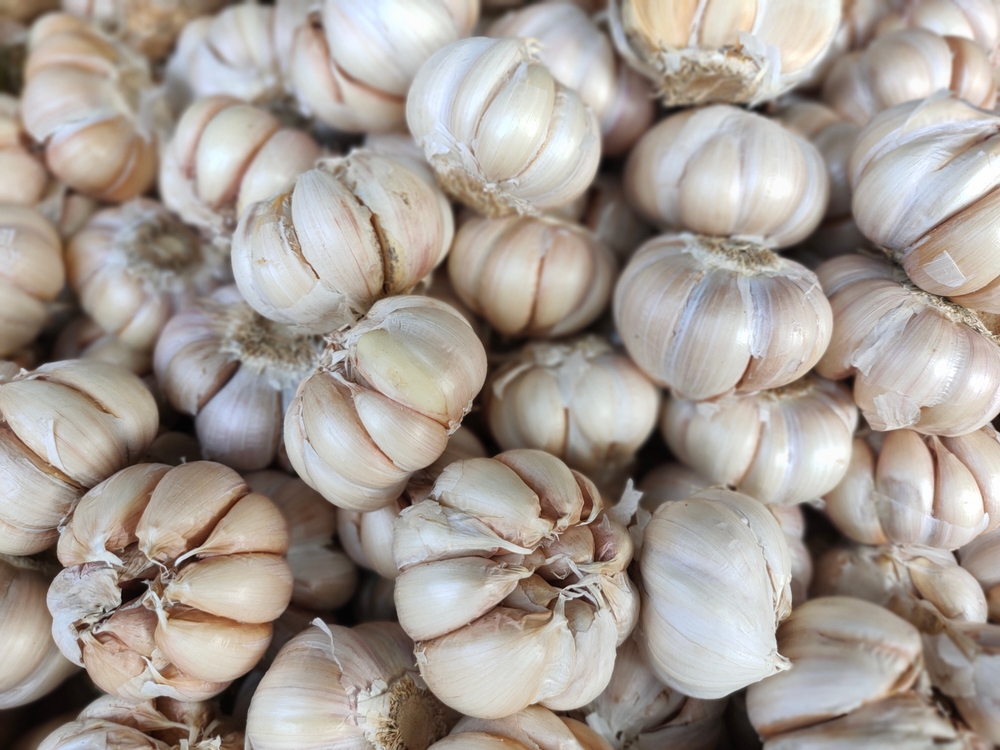
Garlic is known to lower blood pressure (the force of your blood against the artery walls) which reduces your risk of heart attack. If you don’t like garlic or can’t risk bad breathe, opt for garlic supplements. Doses of at least 480 mg daily seem to be the most effective.(20,21)
We love Natural Factors Double Strength Theracurmin. Regular curcumin has poor bioavailability, so it may not give you the curcumin benefits you’re looking for. Theracumin is the answer. This advanced curcumin preparation is made using special natural technology that dramatically increases curcumin absorption compared to regular curcumin. The powerful ingredient in this supplement promotes antioxidant function in your body and encourages a healthy heart, vascular system and joints. Taking this supplement consistently may help maintain a proper inflammatory response when tissues are damaged. Get your 30 day supply at The Health Shop for $51.69 while supplies last!
The Bottom Line

Millions of women are affected by heart disease. The good news is that you have quite a bit of control over whether or not you will be one of those women. Through healthy lifestyle changes, a focus on eating fruits and vegetables, and the addition of heart-supportive nutrients to your health regimen, not only can you prevent a heart attack, but you can look and feel your best for years to come. Here’s a happy, healthy heart!
Sources
- Mozaffarian D, Benjamin EJ, Go AS, et al. Heart Disease and Stroke Statistics—2015 update: A report from the American Heart Association. Circulation. 2015; National Heart, Lung, and Blood Institute. What Are the Signs and Symptoms of Heart Disease?
- Mosca L. National Study of Physician Awareness and Adherence to Cardiovascular Disease Prevention Guidelines. Circulation. 2005;111(4):499-510. doi:10.1161/01.cir.0000154568.43333.82
- https://www.cdc.gov.
- NIH: National Heart, Lung, and Blood Institute
- American Heart Association, 2017
- Mason JLibby P. Cardiovascular disease in patients with chronic inflammation: mechanisms underlying premature cardiovascular events in rheumatologic conditions. European Heart Journal. 2014;36(8):482-489. doi:10.1093/eurheartj/ehu403.
- Aggarwal B., Harikumar K. Potential therapeutic effects of curcumin, the anti-inflammatory agent, against neurodegenerative, cardiovascular, pulmonary, metabolic, autoimmune and neoplastic diseases. The International Journal of Biochemistry & Cell Biology. 2009;41(1):40-59. doi:10.1016/j.biocel.2008.06.010.
- Suzuki K, Takano H, Kubota Y et al. Plaque Characteristics in Coronary Artery Disease Patients with Impaired Glucose Tolerance. PLOS ONE. 2016;11(12):e0167645. doi:10.1371/journal.pone.0167645.
- Dhurandhar N., Thomas D. The Link Between Dietary Sugar Intake and Cardiovascular Disease Mortality. JAMA. 2015;313(9):959. doi:10.1001/jama.2014.18267.
- Antoniades C, Tousoulis D, Tountas C et al. Vascular endothelium and inflammatory process, in patients with combined Type 2 diabetes mellitus and coronary atherosclerosis: the effects of vitamin C. Diabetic Medicine. 2004;21(6):552-558. doi:10.1111/j.1464-5491.2004.01201.x.
- Wiest E, Walsh-Wilcox M, Walker M. Omega-3 Polyunsaturated Fatty Acids Protect against Cigarette Smoke-Induced Oxidative Stress and Vascular Dysfunction. Toxicological Sciences. 2017:kfw255. doi:10.1093/toxsci/kfw255.
- Braam L, Hoeks A, Brouns F, Hamulyák K, Gerichhausen M, Vermeer C. Beneficial effects of vitamins D and K on the elastic properties of the vessel wall in postmenopausal women: a follow-up study. Thrombosis and Haemostasis. 2004. doi:10.1160/th03-07-0423.
- Liu M, Li X, Sun R, Zeng Y, Chen S, Zhang P. Vitamin D nutritional status and the risk for cardiovascular disease (Review). Experimental and Therapeutic Medicine. 2016. doi:10.3892/etm.2016.3047.
- Adams J. Vitamin K in the treatment and prevention of osteoporosis and arterial calcification. American Journal of Health-System Pharmacy. 2005;62(15):1574-1581. doi:10.2146/ajhp040357.
- Armstrong M, Green J, Reeves G, Beral V, Cairns B. Frequent Physical Activity May Not Reduce Vascular Disease Risk as Much as Moderate Activity: Large Prospective Study of Women in the United Kingdom. Circulation. 2015;131(8):721-729. doi:10.1161/circulationaha.114.010296.
- Schwartz B, French W, Mayeda G et al. Emotional stressors trigger cardiovascular events. International Journal of Clinical Practice. 2012;66(7):631-639. doi:10.1111/j.1742-1241.2012.02920.x.
- He, F.J., et al., Increased consumption of fruit and vegetables is related to a reduced risk of coronary heart disease: a meta-analysis of cohort studies. J Hum Hypertens, 2007. 21(9): p. 717-28.
- Eisenberg S. Smoking Raises Female Heart Attack Risk. Science News. 1987;132(22):341. doi:10.2307/3971885.
- Dobson A, Alexander H, Heller R, Lloyd D. How soon after quitting smoking does risk of heart attack decline?. Journal of Clinical Epidemiology. 1991;44(11):1247-1253. doi:10.1016/0895-4356(91)90157-5.
- Orekhov AN, Tertov VV, et al. Direct anti-atherosclerosis-related effects of garlic. Ann Med. 1995 Feb;27(1):63–5.
- Ried K, Frank O, Stocks N. Aged garlic extract reduces blood pressure in hypertensives: a dose–response trial. European Journal of Clinical Nutrition. 2012;67(1):64-70. doi:10.1038/ejcn.2012.178.
